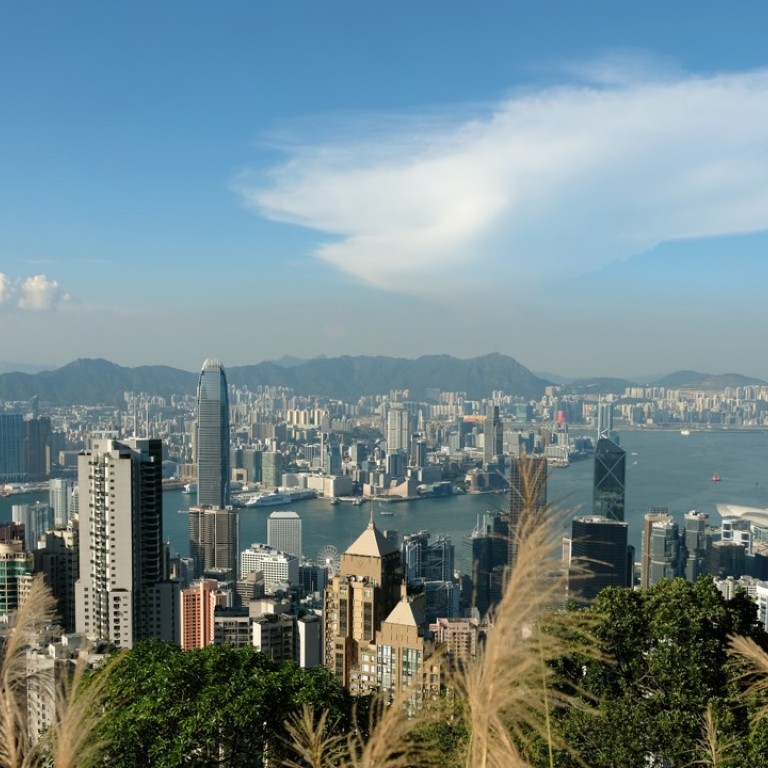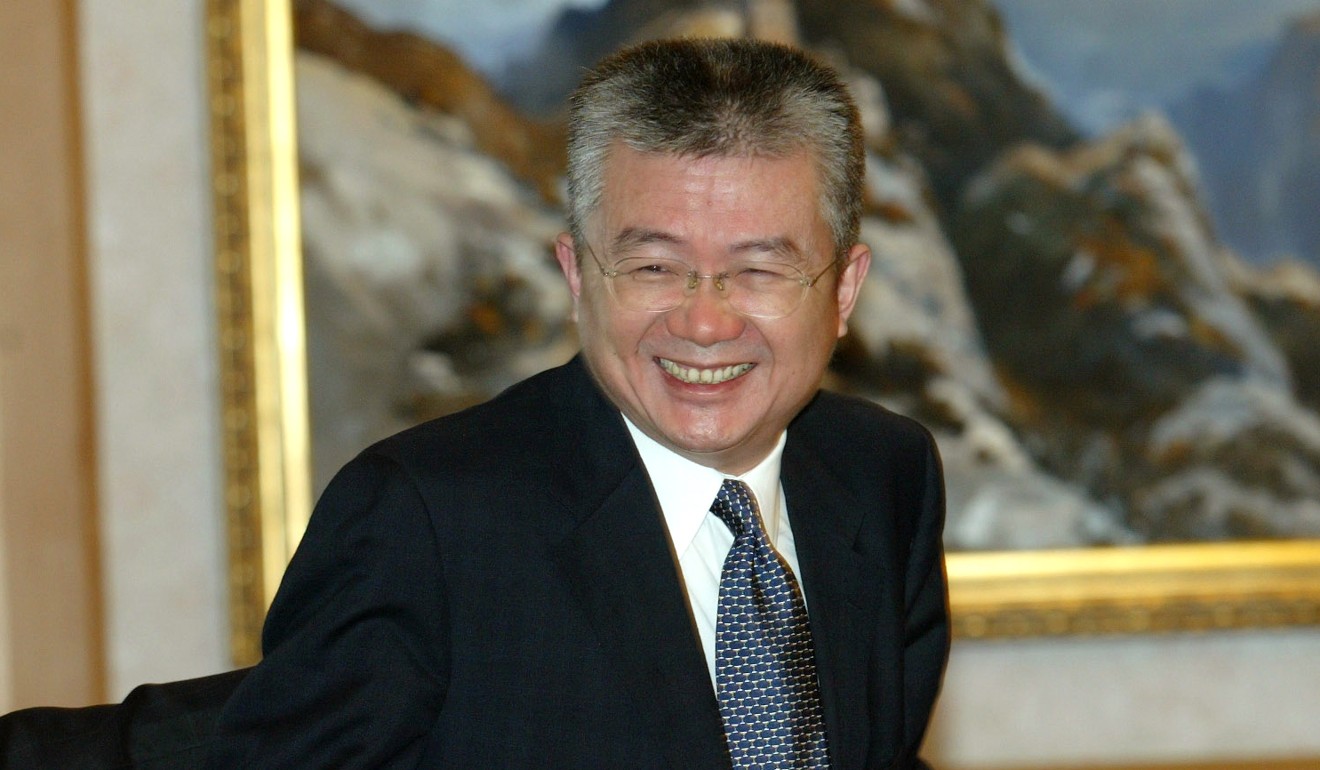
‘One country, two systems’ is key to a prosperous future for Hong Kong, former Beijing official Xu Ze says
President of The Chinese Association of Hong Kong and Macau Studies says city and mainland China both benefit from principle
A former Beijing official declared on Wednesday that Hong Kong will have “bigger developments” and become more prosperous if it holds fast to Beijing’s “one country, two systems” governing principle and use its strength to serve the nation’s needs.
The Chinese Association of Hong Kong and Macau Studies’ president Xu Ze, formerly a deputy director of Beijing’s Hong Kong and Macau Affairs Office, also said the one country, two systems principle has worked well with China’s reform and opening up since the late 1970s.

Under the principle, Hong Kong was guaranteed a high degree of autonomy after it was handed over from British to Chinese rule in 1997. It states that the city’s “capitalist system and way of life shall remain unchanged for 50 years”.
Speaking at a forum on regional integration and the financial industry in Hong Kong, Xu noted that even before the principle was officially laid down in the Chinese constitution in 1982, China’s late paramount leader Deng Xiaoping had told Hong Kong governor Murray MacLehose in 1979 that Hong Kong would continue to be a capitalist city after the handover.
Hong Kong and Shanghai leaders pledge to deepen cities’ ties and drive China growth amid US trade war
“Shortly after [the meeting], the central government set up four special economic zones [in the mainland to seek cooperation with] Hong Kong and Macau, and to attract foreign capital,” Xu recalled, in a reference to the southern Chinese cities of Shenzhen, Zhuhai, Xiamen and Shantou.
“As Deng once emphasised, ‘it was in China’s interest to maintain Hong Kong’s prosperity and stability … We did not raise the point about 50 years [of unchanged capitalistic systems] arbitrarily or sentimentally. We considered the reality faced by China, as well as its developmental needs’,” Xu cited.

The former official said as of last year, Hong Kong was still the main source of the mainland’s direct external investment, while the mainland is Hong Kong’s biggest trade partner. This showed that one country, two systems and China’s reform and opening up have contributed to each other, as well as the mainland and Hong Kong’s economic growth.
He believed that Beijing’s Greater Bay Area plan, which was “personally planned by President Xi Jinping” to turn Hong Kong, Macau and their nine mainland neighbours into an innovation and financial hub to rival Silicon Valley, will tell a similar story.
“As long as we hold fast to one country, two systems … [take into account] the nation’s needs and Hong Kong’s strengths, and proactively take part in the building of the Greater Bay Area, Hong Kong will surely have greater developments, and become more prosperous,” Xu said.
“Hong Kong people will also … join their counterparts in the motherland in bearing the historic responsibility in the nation’s rejuvenation and sharing the glory of the motherland’s prosperity.”
In his speech, Xu also praised Hong Kong leader Carrie Lam Cheng Yuet-ngor for “leading the city in grasping opportunities” offered by the Greater Bay Area plan.
“Integration with national development has gradually become the mainstream consensus of Hong Kong,” he noted.

